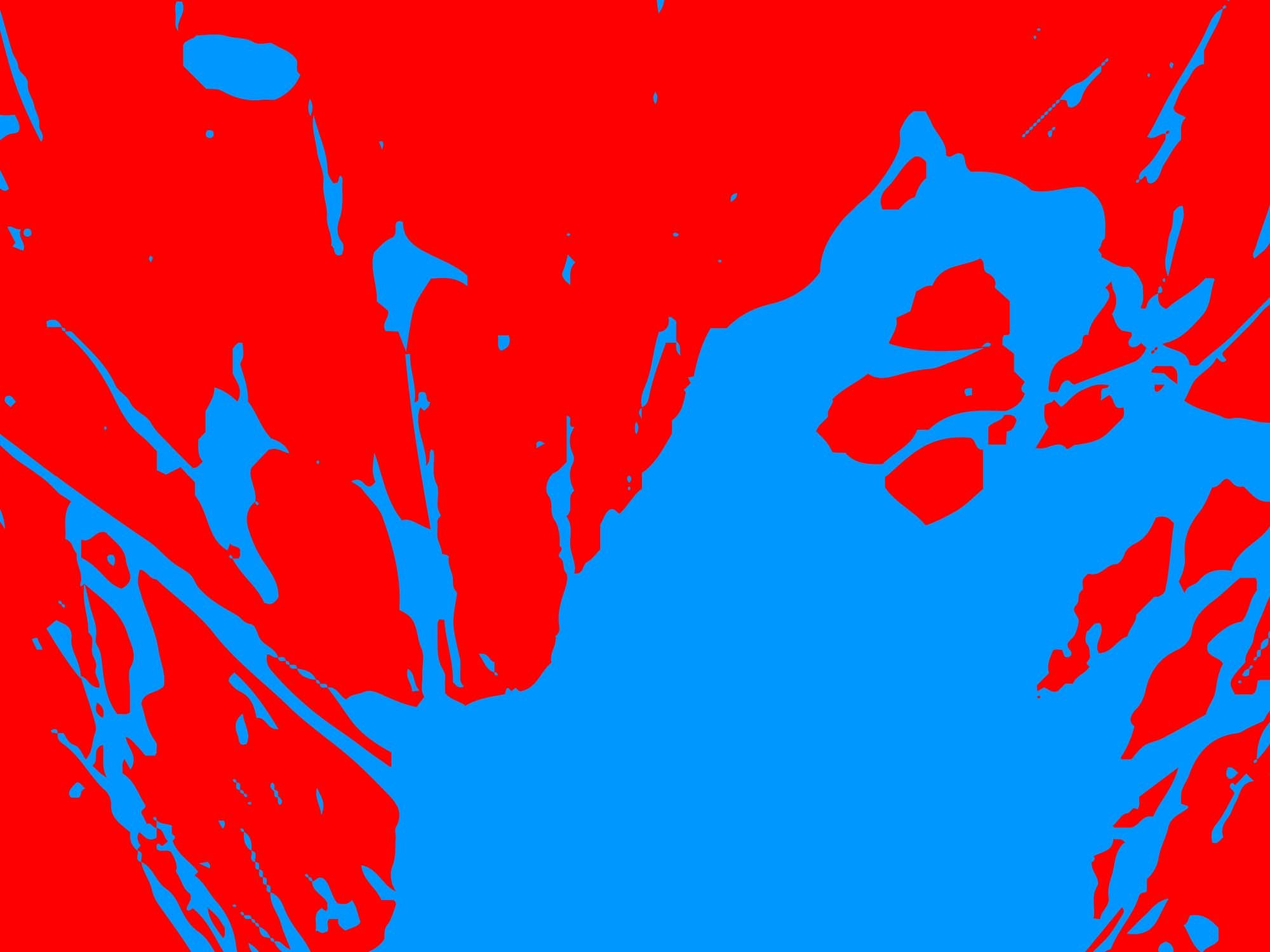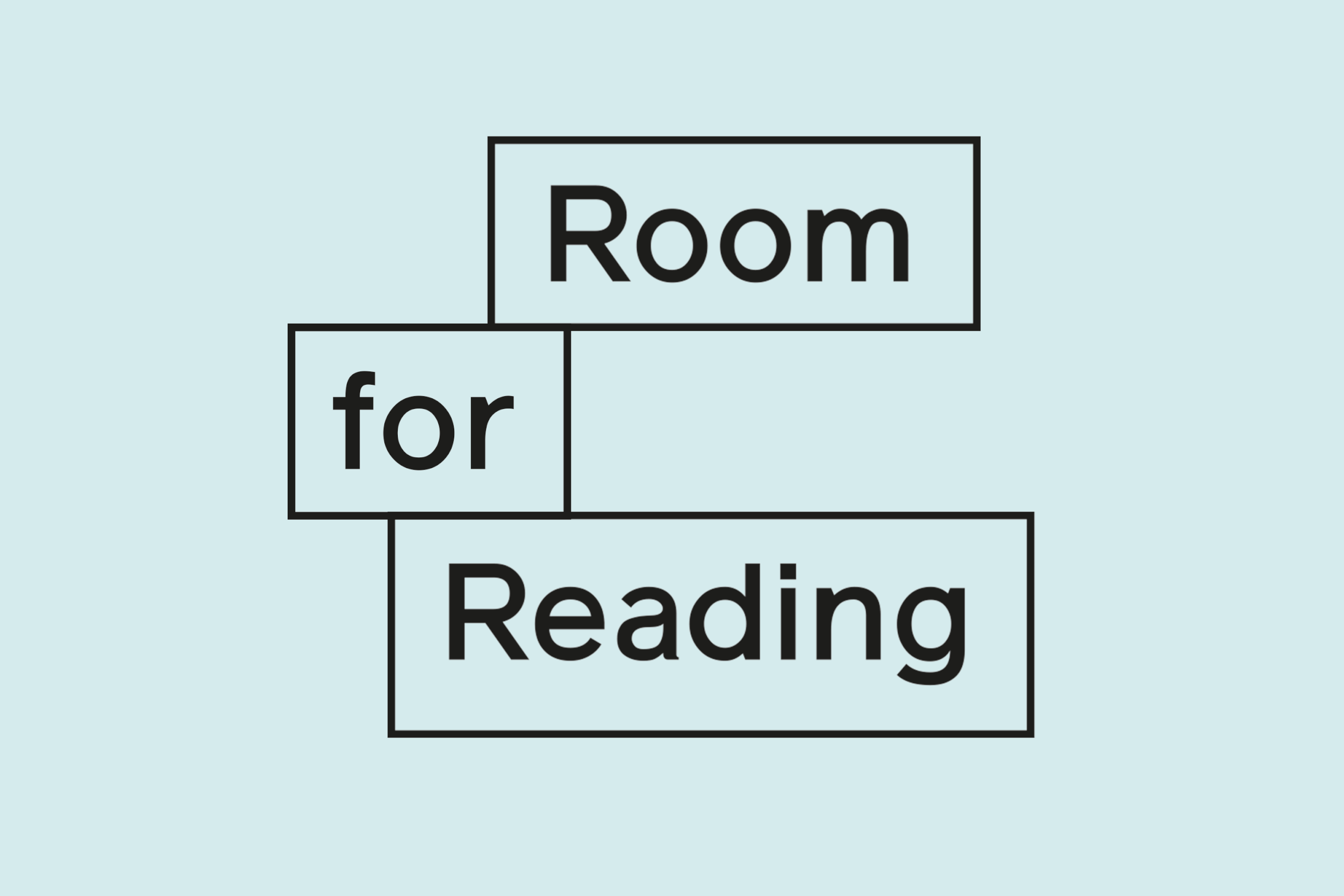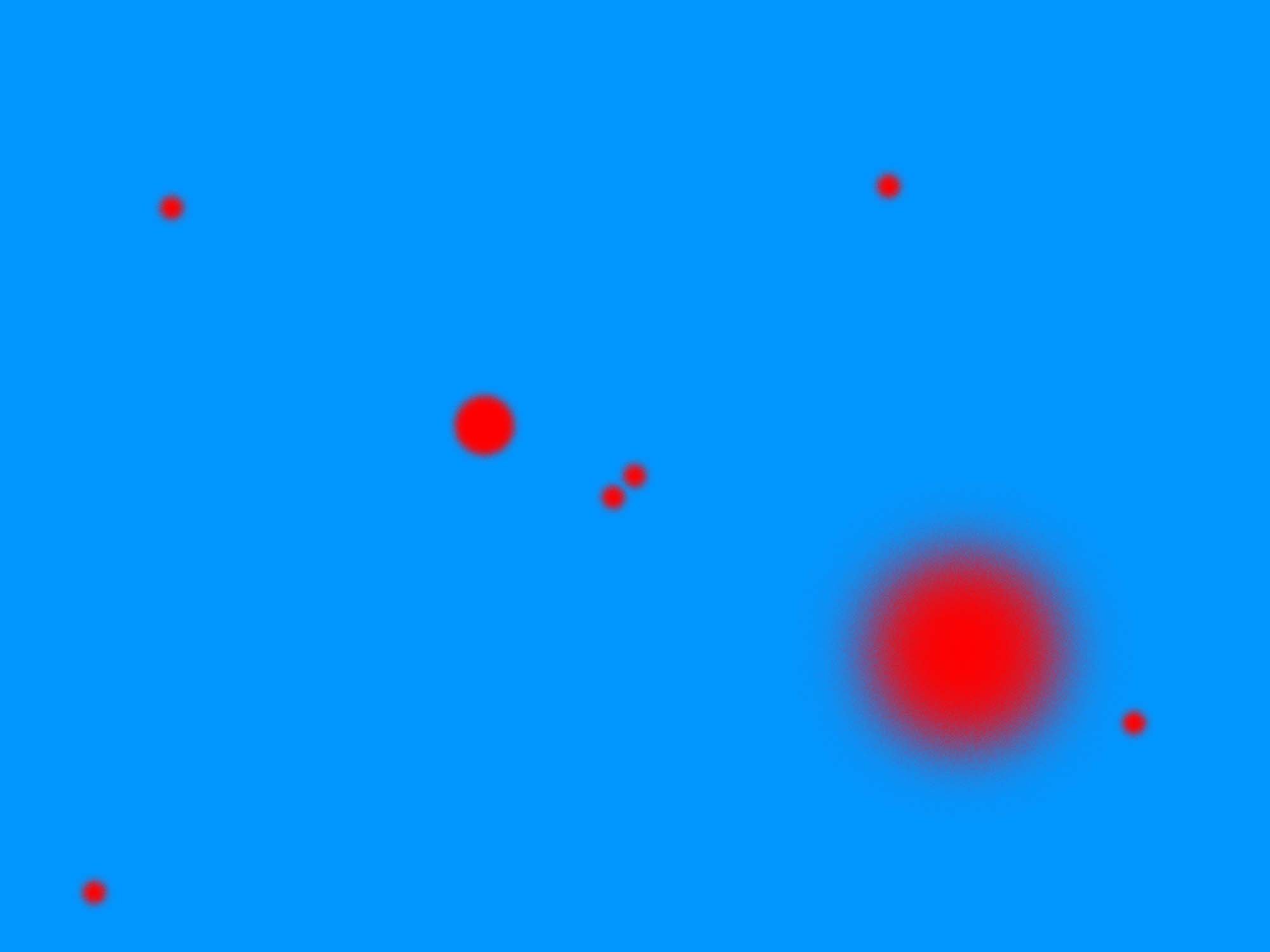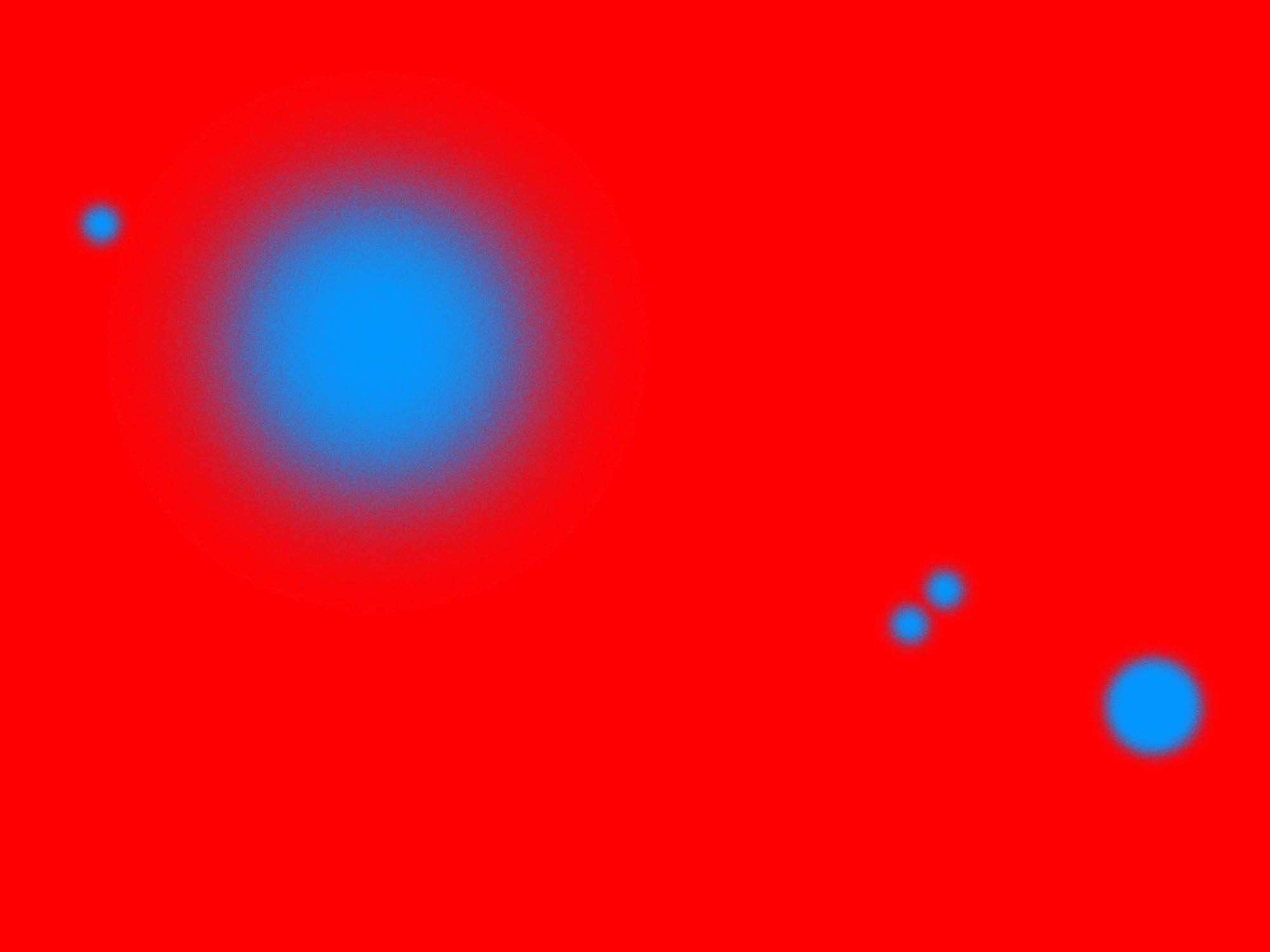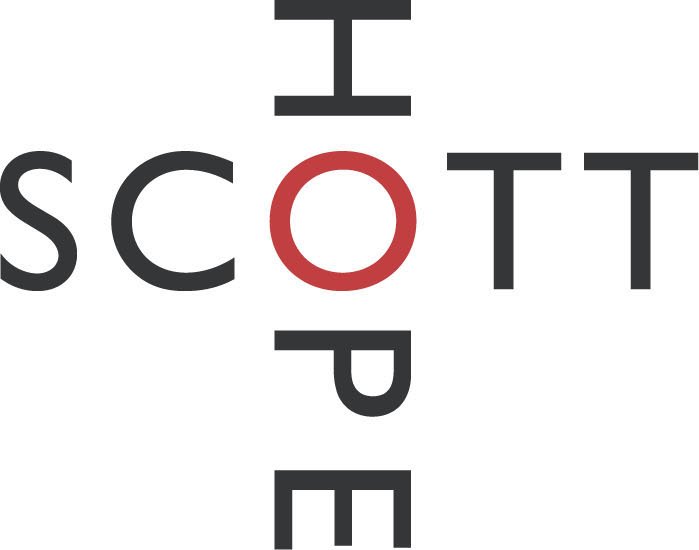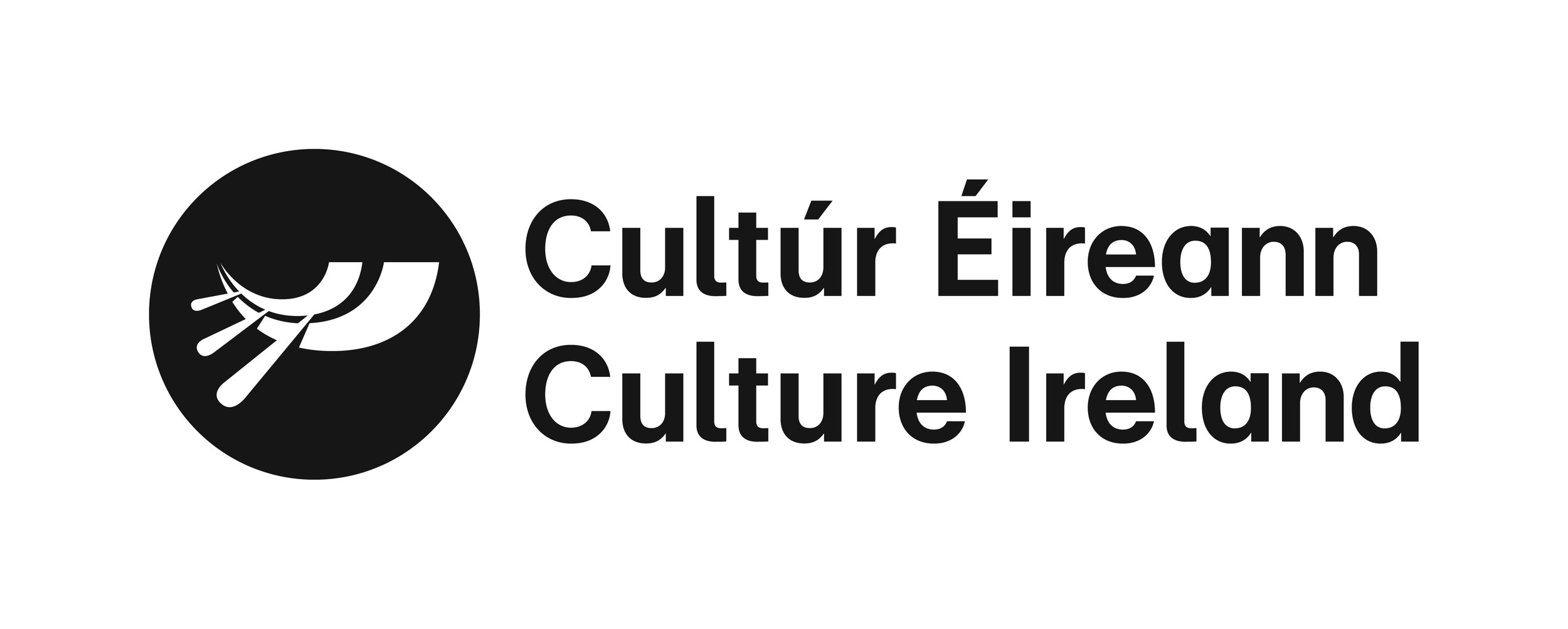
Behind-the-scenes tours at The Mitchell Library
Design: Tom Joyes
Dawn Vallance, Principal Librarian at the Mitchell Library, will lead a tour of the vast back stacks of the Mitchell, not usually accessible to the public. Spanning twelve floors and three distinct architectural periods, the tour will give a rare insight into the history and operations of Glasgow’s largest public library.
Event Details
Tickets
Free, booking essential (places are limited).
Thursday 22nd June 6pm – 7pm
Saturday 24th June 11am – 12pm
Access
The tour involves stairs and walking.
Tours will begin promptly at the allocated times.
Meet at ground floor reception desk at the Granville Street entrance to the library.
View Map
Related

Yuri Pattison – ‘open stacks’
Design: Tom Joyes
‘open stacks’, a digital video installation by Yuri Pattison, is situated in the heart of one of the largest public libraries in Europe, The Mitchell Library. Unfolding across multiple screens, Pattison’s videos use the popular online format of ‘ambience videos’ which combine slow-moving visuals and soundscapes meant to aid focus and relaxation. Pattison’s ambient videos have been created in collaboration with an ambient YouTuber, animating base images produced by the artist using AI image generation tools to blend original and found photographs.
Yuri Pattison, ‘open stacks’ (2023)
Digital video, 4 channel audio, duration variable.
Yuri Pattison, ‘open stacks’(2023)
Repurposed library shelving, Dell PowerEdge R620 server modified with RTX 3060 GPU, digital video, 4 channel audio, headphones, desktop monitors, LED ceiling lights, ceiling speakers, cables, books, dust.
Installation view, The Blythswood Room at The Mitchell Library, 2023. Courtesy of the artist. Photo: Ruth Clark.
A second soundtrack, audible via headphones, presents a series of essays voiced by disembodied AI-generated narrators who ruminate broadly on the consequences of a world steadily overwhelmed by the private, commercial interests of technocratic powers. These unidentified, yet somehow familiar, narrators postulate variously on creative homogenisation and increasing cultural degradation; the pillaging of our shared intellectual and artistic heritage; eroded workers’ rights and the status of labour economies; and the social and political consequences of the unchecked centralisation of knowledge.
The voices have been programmed to mimic an amalgam of accents and anachronistic speech patterns recognisable for their perceived intellectual authority. The words they ventriloquise, which are unreliable, meandering and sometimes bizarre, are also authored by AI tools (large language models), as with the images on screen. Slipping between sense and nonsense, the video essays, made up of poor copies and degraded data, expose the intellectual limits and biases of AI. They make clear AI’s necrotic tendency to endlessly resample scraps of past human endeavour – with nonetheless alluring effect.
‘open stacks’ explores recent digital trends involving the rapid encircling and extraction of knowledge by networked technology, artificial intelligence and corporate power. Pattison addresses the library space as a stage upon which linearity, time, and veracity are in a constant state of recirculation, reformation and collapse. Through critically confronting immediate concerns and current discourse on AI technology, Pattison speculates on what appears to be history’s closing chapter of individual authorship, and the opening of a new one dominated by corporate intellectual property. ‘open stacks’ asks what becomes of human intelligence, and our perceptions of history and the present, when information is confined rather than accessible to all. The installation demonstrates the seductive aesthetics of tech whilst hinting that it is not yet too late to reclaim freedom of knowledge from extractive neoliberal powers.
Yuri Pattison, ‘open stacks’(2023)
Repurposed library shelving, Dell PowerEdge R620 server modified with RTX 3060 GPU, digital video, 4 channel audio, headphones, desktop monitors, LED ceiling lights, ceiling speakers, cables, books, dust.
Installation view, The Blythswood Room at The Mitchell Library, 2023. Courtesy of the artist. Photo: Ruth Clark.
‘open stacks’ was accompanied by a piece of writing by writer and researcher Aurelia Guo. Guo’s text was be available from The Mitchell Library for the duration of the project.
The practice of Yuri Pattison (b. 1986, Dublin, Ireland; lives and works in Paris) connects and materialises the intangible spaces between the virtual and physical through video, sculpture, installation, and online platforms. It explores how new technologies such as the digital economy and online communication have shifted and impacted the systemic frameworks of the built environment, daily life, and our perceptions of time, space, and nature.
Solo exhibitions include ‘clock speed (the world on time)’, mother’s tankstation, London, (2022); ‘the engine’, Douglas Hyde Gallery, Dublin (2020-21); ‘trusted traveller’, Kunsthalle Sankt Gallen (2017); and ‘user, space’, Chisenhale Gallery, London (2016). Selected recent and upcoming group exhibitions include ‘Ruhr Ding: Schlaf’, Urbane Künste Ruhr, Germany; ‘Radical Landscapes’, Tate Liverpool (both 2023); ‘Post Capital’, Kunsthal Charlottenborg, Copenhagen (2022); ‘One Escape at a Time’, 11th Seoul Mediacity Biennale, Seoul; ‘No Linear Fucking Time’, BAK, Utrecht; ‘Proof of Stake' – Technological claims’, Kunstverein in Hamburg, Hamburg; ‘The Ocean’, Bergen Kunsthall, Bergen, Norway; ‘TECHNO, MUSEION’, Bolzano, Italy (2021); ‘Long Live Modern Movement’, CCS Bard, Hessel Museum, New York (2020) and ‘Phantom Plane, Cyberpunk in the Year of the Future’, Tai Kwun Contemporary, Hong Kong (2019).
Aurelia Guo is a writer and researcher who lives in London. Her work explores interconnections between law and inequality. She is the author of ‘World of Interiors’ (Divided, 2022), a book of essays and poetry exploring contested histories of mobility, migration and displacement from social, legal, and biographical perspectives. She is the author of the poetry chapbooks, ‘2016’ (After Hours Ltd, 2016) and ‘NYT’ (Gauss PDF, 2018). She is a Lecturer in Law at London South Bank University.
Yuri Pattison, ‘time-bound’(detail) (1972—2008—2023)
Bound copies of Time magazine 1972–2008, vitrine.
Courtesy of the artist. Photo: Ruth Clark.
About the Library
One of Europe’s largest public libraries, the Mitchell Library opened in 1911 and was designed by William B Whitie, a local architect who won a competition to design the building. The original Mitchell Library was established in 1877, after tobacco manufacturer Steven Merchant left £70,000 to establish a large public library in Glasgow. Andrew Carnegie laid the first foundation stone for the Baroque style building in North Street, which has benefitted from numerous extensions over the years.
Project Details
Location
The Blythswood Room, 5th Floor
The Mitchell Library
North St, Glasgow G3 7DN
Transport links: Charing Cross Station.
Access
The Mitchell Library is wheelchair accessible.
Accessible toilets are available.
Further details from glasgowlife.org.uk/libraries or contact info@thecommonguild.org.uk for more information.
Production Credit
Claire Chen, ASMR Rooms
Thanks
With thanks to Dawn Vallance and staff at Glasgow Life.
Related
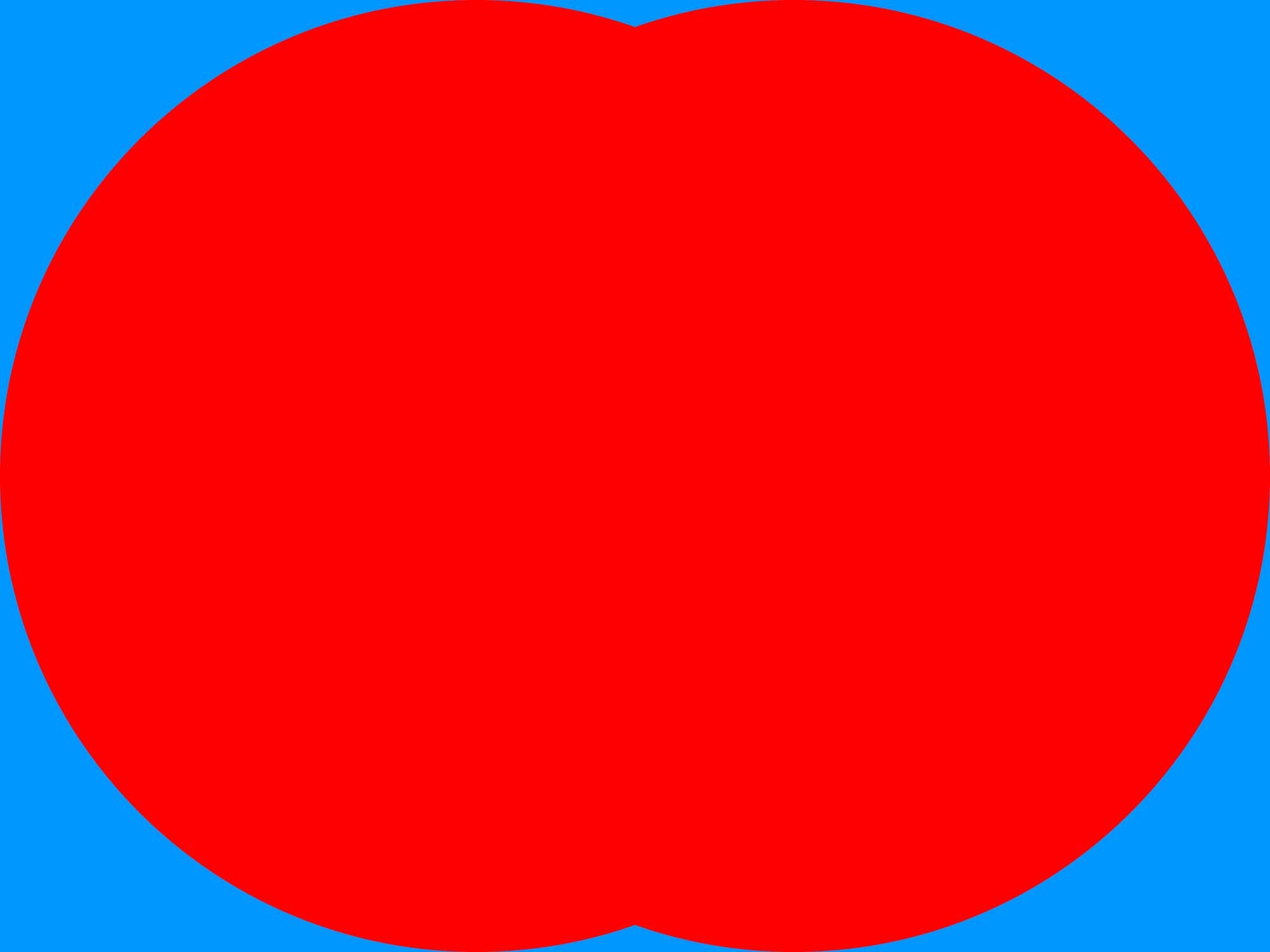
‘anywhere in the universe’ – Artists Discussion
Design: Tom Joyes
Join Rabiya Choudhry, Kate Davis, Sean Edwards, Onyeka Igwe, and Yuri Pattison for a discussion on 'anywhere in the universe' our project looking at the present, past and future of the public library.
Artists will discuss the focus and inspiration for their individual commissions: from community empowerment and representation to pedagogical plays, the reclaiming of words and the privatisation of knowledge. They will reflect on their own experiences of libraries and speculate on what the future of libraries might look like.
Artists will be in discussion with Dr Karen Di Franco. Di Franco is a curator and writer and currently Programme Leader, MLitt Curatorial Practice (Contemporary Art) at Glasgow School of Art and Programme Curator at Chelsea Space, Chelsea College of Arts. She is currently working on a solo exhibition of American artist Constance DeJong.
Event Details
This event took place in the Baillie’s Reading Room of The Mitchell Library from 1–3pm.
Location
The Baillie’s room is located on the 2nd floor of the Mitchell Library.
The best entrance is Granville Street entrance to the library.
View Map
Access
The Mitchell Library is wheelchair accessible. Accessible toilets are available.
Related

Room for Reading / Yuri Pattison
Yuri Pattison shares his selections for our Room for Reading, ahead of his commission as part of ‘anywhere in the universe’, our project looking at the present, past and future of the public library.
Pattison’s installation, which explores the shifting history of access to knowledge and information, will be situated in the Mitchell Library from 18 June 2023.
Recommendations include – ‘World of Interiors’ (2022) by Aurelia Guo; ‘The Glen Park Library: A Fairy Tale of Disruption’ (2019) by Pamela M. Lee; ‘Ambient Commons: Attention in the Age of Embodied Information’ (2013) by Malcolm McCullough; ‘Resisting AI: An Anti-Fascist Approach to Artificial Intelligence’ (2022) and ‘Non-Fascist AI’ (2019) by Dan McQuillan; and Aaron Swartz’s ‘Guerilla Open Access Manifesto’ (2008).
Aurelia Guo, ‘World of Interiors’ (2022).
“When bees are close to death, they cling to flowers.”
Aurelia Guo’s ‘World of Interiors’ is a book of poetry and essays using collage and appropriation to destabilise the first-person ‘I’. Guo, who is a writer, researcher and lecturer in law at London South Bank University writes directly about the inescapable condition of being perceived and positioned by other people. Covering economic cycles of wealth and poverty at the levels of the individual, group and state, ‘World of Interiors’ is a book about travel and immigration: migrants, tourists and refugees. It is about the work of survival and the cost of survival. It is also a hopeful book - about how strong and indomitable the will can be.
Watch Aurelia Guo ‘Place's Tragodia: Law as Poetry and as Politics in Modernity’, a live event at Cell Project Space, March 2020 here.
Pamela M. Lee, ‘The Glen Park Library: A Fairy Tale of Disruption’ (2019).
In her book ‘The Glen Park Library: A Fairy Tale of Disruption’ (2019), Art Historian Pamela M. Lee uses the 2013 arrest of Ross William Ulbricht, suspected to be the mastermind of dark net marketplace Silk Road, at Glen Park Public Branch Library in San Francisco, to tease out the relationship between public libraries and digital culture. Written as a work of experimental art criticism, Lee provides original readings of five women artists—Gretchen Bender, Cecile B. Evans, Josephine Pryde, Carissa Rodriguez, and Martine Syms—who weigh in, either explicitly or inadvertently, on the nature of contemporary media and technology.
Watch art historian Pamela M. Lee read from ‘The Glen Park Library’ here.
Read a review of ‘The Glen Park Library’ in Art Forum here.
Malcolm McCullough, ‘Ambient Commons: Attention in the Age of Embodied Information’. (2013)
In ‘Ambient Commons: Attention in the Age of Embodied Information’ (2013), Malcolm McCullough, Professor of Architecture at the University of Michigan’s Taubman College of Architecture and Urban Planning, conceptualises what he terms ‘the Ambient’, interrogating how it is interacted with in everyday life and how it can be used to rethink attention.
Watch an interview with Malcolm McCullough here.
Dan McQuillan, ‘Resisting AI; An Anti-Fascist Approach to Artificial Intelligence’. (2022)
Pattison recommends two texts by Dan McQuillan. In ‘Resisting AI: An Anti-Fascist approach to Artificial Intelligence’(2022), McQuillan calls for us to resist and restructure AI by prioritising the common good over algorithmic optimisation. McQuillan outlines his proposals for this restructuring, utilising mutual aid as a means to support collective freedom. McQuillan’s article ‘Non-Fascist AI’ explains the basic workings of artificial intelligence and what is needed to achieve non-fascist AI.
Read ‘Non-Fascist AI’ here.
Pattison’s final recomendation is ‘The Guerilla Open Access Manifesto’ (2008) a document written by “hacktivist” Aaron Swartz, outlining the importance of freely accessible information on the internet. Swartz argues against publishers charging for copyrights and for sharing as a moral imperative that allows the dissemination of knowledge.
Read ‘The Guerilla Open Access Manifesto’ here.
Details
In conjunction with our projects, exhibitions and events, Room for Reading offers artists we work with an opportunity to contribute to The Common Guild library and share the books and resources that have influenced their artistic practice.
Every artist’s selection is added to The Common Guild’s expansive reference library of artist books, catalogues, and cultural and critical theory.
Related
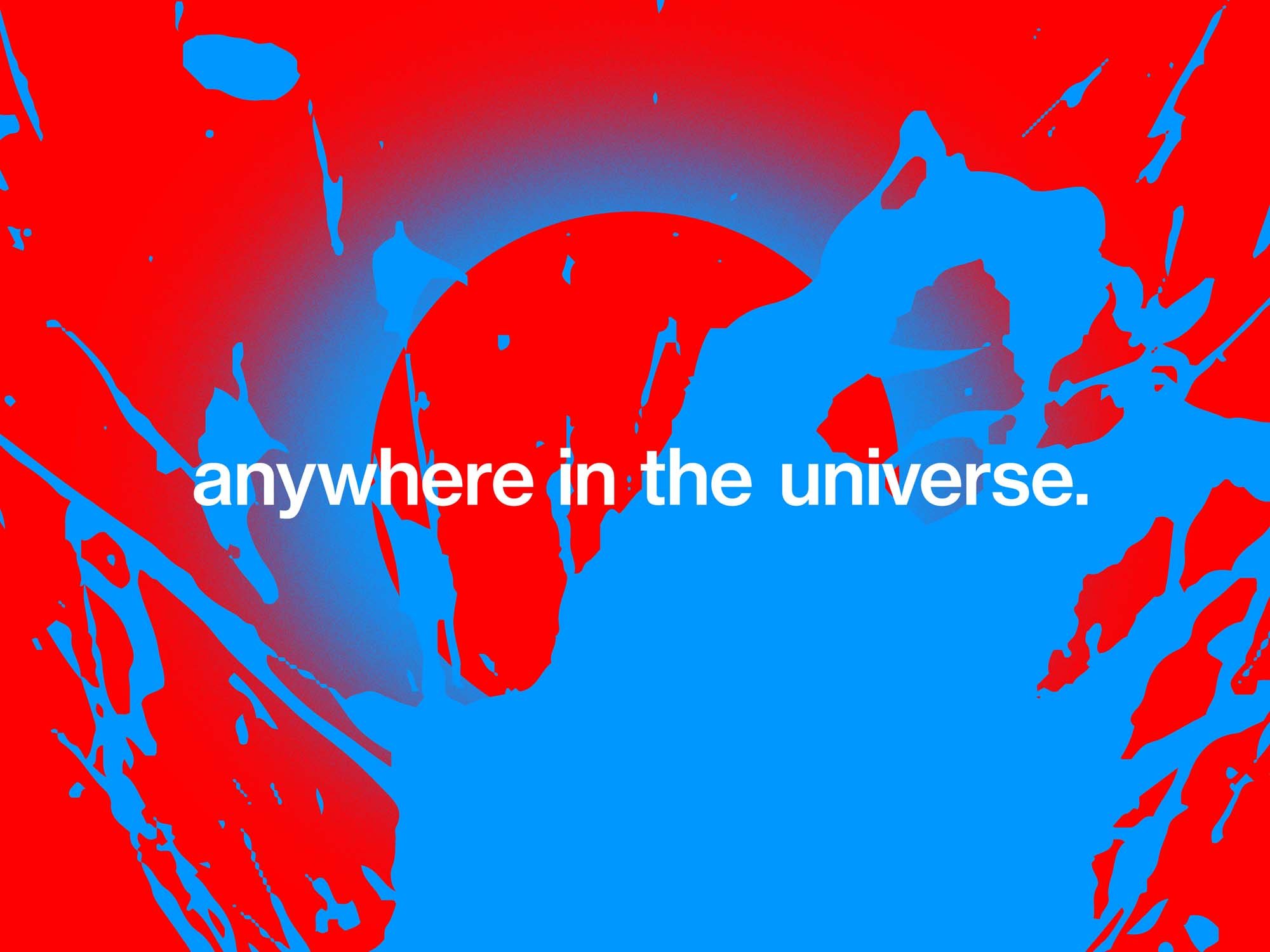
‘anywhere in the universe’ – Rabiya Choudhry, Kate Davis, Sean Edwards, Onyeka Igwe, Yuri Pattison
Design: Tom Joyes
‘anywhere in the universe’ is a new project that addresses the public library, looking at their present, past and future through a series of artists’ commissions by Rabiya Choudhry, Kate Davis, Sean Edwards, Onyeka Igwe, and Yuri Pattison. Launching in early 2023 with the work of Rabiya Choudhry, each of the commissioned works will be presented incrementally and sited in different locations across Glasgow.
Each artist will approach the library from differing positions and perspectives, from the nature of the buildings, or the systems that they use to organise information, to their social purpose. The project engages with libraries as essential spaces for knowledge exchange and community-building; as inspirational portals for imagination, belonging and civic identity; and as spaces for refuge and radical renewal.
Rabiya Choudhry has produced new illuminated signage for East-End libraries which are of particular significance to the artist. The signs borrow Carnegie’s motif of a flaming torch; a feature of many Carnegie library buildings as well as an emblem used as the bookplate for Carnegie’s own private library collection. In Choudhry’s work, the signs bear the words of African-American civil rights activist and organiser, Ella Baker (1903–1986) who worked to instigate societal change through individual and grassroots community empowerment. Baker’s words ‘give light and people will find the way’, invokes a spirit of togetherness and inspires hope for change.
Onyeka Igwe will develop a series of performances informed by pedagogical plays and socialist-realist participatory theatre to think through ways in which meaning is made collectively and examine how we tend to think about institutions. Working with a group of non-professional actors, the performances will address histories of institutional formation, revision and development within Glasgow’s municipal libraries, including early debates for and against free libraries, committees involved in selecting and banning books from the libraries, and recent community consultations.
Yuri Pattison’s sculptural video installation situated in the Mitchell Library will explore the shifting history of access to information. Paying attention to the establishment and management of libraries and various technologies that have systematised, contained and distributed knowledge, Pattison’s installation draws connections from the chained libraries of the Middle Ages, to the ‘open stacks’ model pioneered at Carnegie Libraries, encompassing more recent digital trends and the rapid reorganisation and encircling of knowledge through networked technology, artificial intelligence and corporate power. Speculating on the future trajectory and structural language of knowledge sharing, Pattison makes clear the political, material and social impacts of digital technology and the increasing privatisation of everyday life in our data-driven age.
Further details on projects by Kate Davis and Sean Edwards will be announced in 2023.
Yuri Pattison, ‘sun_set pro_vision’ (2020 — 2021). Vulcan game engine software, modified Dell PowerEdge R620, GeForce GTX 1650 GPUs, uRADMonitor MODEL A3 atmospheric monitor, HD digital signage monitors, Dexion slotted angle, aluminium EUR pallets, Dell PowerEdge R420 server chassis, “Travels into Several Remote Nations of the World” (London: Benj. Motte,1726) book, decapped GPU chip, cables, ethernet switch, padlock. Courtesy of the artist and mother's tankstation, Dublin & London. Photo: Ros Kavanagh. Commissioned by The Douglas Hyde Gallery, Dublin.
Glasgow has a particularly rich network of libraries, from many small, neighbourhood lending libraries, to the vast Mitchell Library – one of the largest reference libraries in Europe. Several of the local ‘district’ libraries were endowed by Scottish philanthropist and industrialist, Andrew Carnegie (1835–1919) in the early 20th century, some of the 2,811 lending libraries he created world-wide (Carnegie’s work during his lifetime was not without issue, with his extreme wealth built on aggressive industrial practices and racial segregation in US libraries). The district libraries were intended to provide free access to books and represented new technology in the distribution and systematisation of knowledge, whilst providing ‘relief from the pressures of daily life’ in specially designed buildings with high windows, vaulted ceilings, and ornate designs, described at the time by Carnegie as ‘palaces for the people’. The remaining Carnegie libraries in Glasgow, where still in use as such, have evolved and diversified to serve their contemporary communities.
Today, despite the drive to transpose many forms of knowledge online, there remains a distinct role for libraries. They are some of the last truly civic spaces in the heart of our communities: non-monetised, inter-generational spaces of exchange and refuge open to everyone, offering access to information, facilitating communal empowerment and advocacy, attributes that have been consistently brought into sharp focus over recent years and during the Covid-19 pandemic when many were closed.
Talking about his love of books to The Art Newspaper, American artist Charles Gaines explained that in his youth he had never been introduced to the true power and significance of African art; “but then I started reading some books,” he says, “and, obviously, books are the most ingenious invention in the history of anywhere in the universe.” It is through that notion, of holding books in the highest regard and valuing the possibility of discovery, of the adjacent, the tangent and the surprising, that our public libraries will be explored, unfolding as new bodies of knowledge.
Onyeka Igwe, ‘a so-called archive’ (2020). Film still. Courtesy of the artist.
About the artists /
Rabiya Choudhry was born in Glasgow in 1982 to Scottish and Pakistani parents. Choudhry studied at Edinburgh College of Art to MA level, graduating in 2006. She lives and works in Edinburgh.
Choudhry’s work explores the themes of identity and cultural displacement in contemporary British society with a darkly comedic approach. Her work expresses the complicated coupling of eastern and western cultures in richly vibrant portrayals of the different autobiographical portrayals. She makes paintings including large scale canvases, miniatures, murals, small painted sculptures, textiles and text-based artworks.
Recent exhibitions include ‘TESTAMENT’, CCA Goldsmiths, London (2022); ‘ambi’ with Fiona Jardine, Raisa Kabir, and Hanneline Visnes, CCA Glasgow; ‘Fabric of Society’ with Raisa Kabir, Jasleen Kaur and Rae-Yen Song, Glasgow International (both 2021); ‘BIG BROON STRESSED OOT EYES’ commissioned by Tramway, Glasgow (2020); ‘Coco!Nuts!’ (solo) Transmission Gallery (2018) and ‘DCA Thomson’, Dundee Contemporary Arts (2016-17).
Choudhry’s work ‘Dad’ (2018) is on permanent display at the Gallery of Modern Art, Glasgow after a major acquisition through the Contemporary Art Society’s Rapid Response Fund in 2020.
Kate Davis (b. New Zealand, lives and works in Glasgow) works across film/video, drawing, printmaking, installation and bookworks. Questioning how to bear witness to the complexities of the past, Davis’ artwork is an attempt to reconsider what certain histories could look, sound and feel like. This has often involved responding to the aesthetic and political ambiguities of historical artworks and their reception.
Solo exhibitions include: Neuer Aachener Kunstverein; A-M-G5 at 20 Albert Road, Glasgow; LUX, London; Stills, Edinburgh; Dunedin Public Art Gallery, New Zealand; The Drawing Room, London; Temporary Gallery, Cologne; GoMA, Glasgow; Galerie Kamm, Berlin; Museo de la Ciudad and La Galeria de Comercio, Mexico; Tate Britain, London; and Kunsthalle Basel amongst others.
Recent group exhibitions and screenings include: ‘Termite Tapeworm Fungus Moss’, CCA Glasgow; ‘Chips and Egg’, The Sunday Painter, London; 35th Kassel Documentary Film and Video Festival; ‘Class Reunion’, MUMOK, Vienna; ‘A Slice Through the World: Contemporary Artists’ Drawings’, Modern Art Oxford; ‘The Driver’s Seat’, Cubitt Gallery, London; The Margaret Tait Award 2016/17; Cinenova Presents ‘Now Showing’, LUX Cornwall; LUX/ BBC Artists and Archive commission; ‘GENERATION’, Scottish National Gallery of Modern Art; ‘HOUSE WORK CASTLE MILK WOMAN HOUSE’, Glasgow Women’s Library; ‘Art Under Attack’, Tate Britain; ‘The End of the Line: Attitudes in Drawing’, Hayward Touring Exhibition; ‘Art Sheffield 10’ (collaborative commission with Jimmy Robert); and ‘Das Gespinst’, Stadtisches Museum Abteiberg, Monchengladbach.
Sean Edwards (b. Cardiff 1980), graduated with an MA from the Slade School of Art in 2005, and is currently Programme Director for Fine Art & Photography at Cardiff School of Art and Design. Edwards’ work investigates the sculptural and political potential of the everyday, often using remnants and fragments of previous activities as a starting point. In many of the works there is a sense of objects being in-progress, indeterminate and open to change. The work intertwines simple sculptural objects, mixed media installations and audio-visual components with personal family and political histories.
He represented Wales at the 58th Venice Biennale (2019) and was awarded the Turner Prize Bursary in 2020 for the installation ‘Undo Things Done’.
Recent solo exhibitions include 'chased losses', Temple Bar Gallery, Dublin (2022) ‘distant borrowing’, Tanya Leighton, Berlin (2021); ‘Undo Things Done’, Tŷ Pawb, Wrexham, Senedd, National Assembly for Wales and Bluecoat, Liverpool (both 2020); ‘Drawn in Cursive’, MOSTYN, Llandudno and Network, Aalst, Belgium; ‘Putting Right’ Limoncello, London (both 2014); ‘Resting Through’ Kunstverein Freiburg (2012); and ‘Maelfa’ Spike Island, Bristol (2011). Group shows include ‘British Art Show 9’, Hayward Touring and ‘The World We Live In’, Southbank Art Centre, London (both 2022); ‘Olaph the Oxman’, Copperfield Gallery, London (2019); ‘49a’, Limoncello, Woodbridge (2016); ‘This is Your Replacement’, Sies + Höke, Düsseldorf (2016); ‘Un Nouveau Festival 2015’ Centre Pompidou, Paris; and ‘Finite Project Altered When Open’, David Dale Gallery & Studios, Glasgow (both 2015), amongst others.
Onyeka Igwe is an artist and researcher working between cinema and installation. She lives and works in London, UK. Her work is animated by the question “how do we live together?” with a particular interest in sensorial, spatial, and non-canonical ways of knowing. She uses embodiment, voice, archives, narration and text to create structural “figure-of-eights”, a format that exposes a multiplicity of narratives.
Solo exhibitions and commissions include ‘Ungentle’ (with Huw Lemmey), Studio Voltaire, London; ‘The Miracle on George Green’, Highline, New York (both 2022); ‘a so-called archive’, LUX, London; ‘THE REAL STORY IS WHAT’S IN THAT ROOM’, Mercer Union, Toronto, Canada, (both 2021), ‘There Were Two Brothers’, Jerwood Arts, (2019), and ‘Corrections’ with Aliya Pabani, Trinity Square Video, Toronto, Canada (2018). An upcoming solo exhibition, ‘A Repertoire of Protest (No Dance, No Palaver)’ will open at MoMA PS1, New York in March 2023.
Recent group exhibitions include ‘Reconfigured’, Timothy Taylor, New York 2021; Archives of Resistance, Neue Galerie, Innsbruck, Austria, (both 2021); ‘KW Production Series’, KW Berlin (2020); ‘New Labor Movements', McEvoy Foundation for the Arts, San Francisco; ‘[POST] Colonial Bodies II’, CC Matienzo, Buenos Aires, Argentina (2019); there’s something in the conversation that is more interesting than the finality of (a title)’, The Showroom, London (2018); and ‘World Cup!’, articule, Montreal (2018).
In 2022 Igwe was nominated for the Jarman Award and shortlisted for the Max Mara Art Prize for Women 2022–2024. She was awarded the 2021 Foundwork Artist Prize; the 2020 Arts Foundation Futures Award for Experimental Short Film; and was the 2019 recipient of the Berwick New Cinema Award in 2019.
The practice of Yuri Pattison (b. 1986, Dublin, Ireland; lives and works in Paris) connects and materialises the intangible spaces between the virtual and physical through video, sculpture, installation, and online platforms. It explores how new technologies such as the digital economy and online communication have shifted and impacted the systemic frameworks of the built environment, daily life, and our perceptions of time, space, and nature.
Solo exhibitions include ‘clock speed (the world on time)’, mother’s tankstation, London, (2022); ‘the engine’, Douglas Hyde Gallery, Dublin (2020-21); ‘trusted traveller’, Kunsthalle Sankt Gallen (2017); and ‘user, space’, Chisenhale Gallery, London (2016). Selected recent and upcoming group exhibitions include ‘Ruhr Ding: Schlaf’, Urbane Künste Ruhr, Germany; ‘Radical Landscapes’, Tate Liverpool (both 2023); ‘Post Capital’, Kunsthal Charlottenborg, Copenhagen (2022); ‘One Escape at a Time’, 11th Seoul Mediacity Biennale, Seoul; ‘No Linear Fucking Time’, BAK, Utrecht; ‘Proof of Stake' – Technological claims’, Kunstverein in Hamburg, Hamburg; ‘The Ocean’, Bergen Kunsthall, Bergen, Norway; ‘TECHNO, MUSEION’, Bolzano, Italy (2021); ‘Long Live Modern Movement’, CCS Bard, Hessel Museum, New York (2020) and ‘Phantom Plane, Cyberpunk in the Year of the Future’, Tai Kwun Contemporary, Hong Kong (2019).
Kate Davis, ‘Charity’ (2017) 16min HD video, installation view Stills Gallery, Edinburgh, 2017. Courtesy of the artist. Photo: Ruth Clark.
Project Details
Sean Edwards –
Yuri Pattison –
Kate Davis –
Onyeka Igwe –
Rabiya Choudhry –
Each artist project was accompanied by writing available from library locations for the duration of the project and from The Common Guild website for a limited time. The texts will be gathered together in a publication to be released in October 2023.
Video: Courtesy of The Ampersand Foundation. Realised by Piotr Sell.
Shop / Buy ‘anywhere in the universe’
Further Info
‘anywhere in the universe’ is supported by –
Related

Primer / Yuri Pattison
Yuri Pattison, ‘sun_set pro_vision’ (2020—2021). OpenGL software, modified Dell PowerEdge R420, GeForce GTX 1650 GPUs, uRADMonitor MODEL A3 atmospheric monitor, HD digital signage monitors, Dexion slotted angle, aluminium EUR pallets, Dell PowerEdge R420 server chassis, “Travels into Several Remote Nations of the World” (London: Benj. Motte,1726) book, decapped GPU chip, cables, ethernet switch, padlock. Courtesy of the artist and mother's tankstation, Dublin & London. Photo: Louis Haugh. Co-produced by The Douglas Hyde Gallery, Dublin and the 11th Seoul Mediacity Biennale. Commissioned by The Douglas Hyde Gallery.
Our ‘Primers’ are artists’ talks offering an opportunity to hear from artists during the development of new projects with The Common Guild. As part of the upcoming project ‘anywhere in the universe’, this first event in a new series brings Yuri Pattison to Glasgow to talk about his artistic practice to date.
The practice of Yuri Pattison connects and materialises the intangible spaces between the virtual and physical through video, sculpture, installation, and online platforms. It explores how new technologies such as the digital economy and online communication have shifted and impacted the systemic frameworks of the built environment, daily life, and our perceptions of time, space, and nature.
Yuri Pattison, ‘True Time Master’ (2019-20). Microsemi Chip Scale Atomic Clock, counterfeit McIntosh MC275 amplifier (Foshan, Guangdong Province, China. 2018), electrostatic speaker, Dexion slotted angle, stripboard, electronic components, wire, shipping crate, packing materials, cable ties, printed matter, PIR, audio exciters. Courtesy of the artist and mother's tankstation, Dublin & London. Photo: Ros Kavanagh.
Yuri Pattison (b. 1986, Dublin, Ireland) lives and works in Paris. Solo exhibitions include ‘clock speed (the world on time)’, mother’s tankstation, London, (2022); ‘the engine’, Douglas Hyde Gallery, Dublin (2020-21); ‘trusted traveller’, Kunsthalle Sankt Gallen (2017); and ‘user, space’, Chisenhale Gallery, London (2016). Selected recent and upcoming group exhibitions include ‘Radical Landscapes’, Tate Liverpool; ‘Post Capital’, Kunsthal Charlottenborg, Copenhagen (2022); ‘One Escape at a Time’, 11th Seoul Mediacity Biennale, Seoul; ‘No Linear Fucking Time’, BAK, Utrecht; ‘Proof of Stake' – Technological claims’, Kunstverein in Hamburg, Hamburg; ‘The Ocean’, Bergen Kunsthall, Bergen, Norway; ‘TECHNO, MUSEION’, Bolzano, Italy (2021); ‘Long Live Modern Movement’, CCS Bard, Hessel Museum, New York (2020) and ‘Phantom Plane, Cyberpunk in the Year of the Future’, Tai Kwun Contemporary, Hong Kong (2019).
Further Info
Additional Links
Yuri Pattison, ‘clock speed (the world on time)’, mother’s tankstation, London
Event Details
This in-person event takes place on Thursday 30th June from 6 – 8pm at the University of Glasgow’s Yudowitz Lecture Theatre.
'Primers' are presented in collaboration with Dr. Dominic Paterson at the University of Glasgow.
Access
The Yudowitz Lecture Theatre is on the ground floor of the Wolfson Medical Building, University Avenue. The venue is wheelchair accessible with accessible toilets.
Tickets
Free. Book in advance here.















